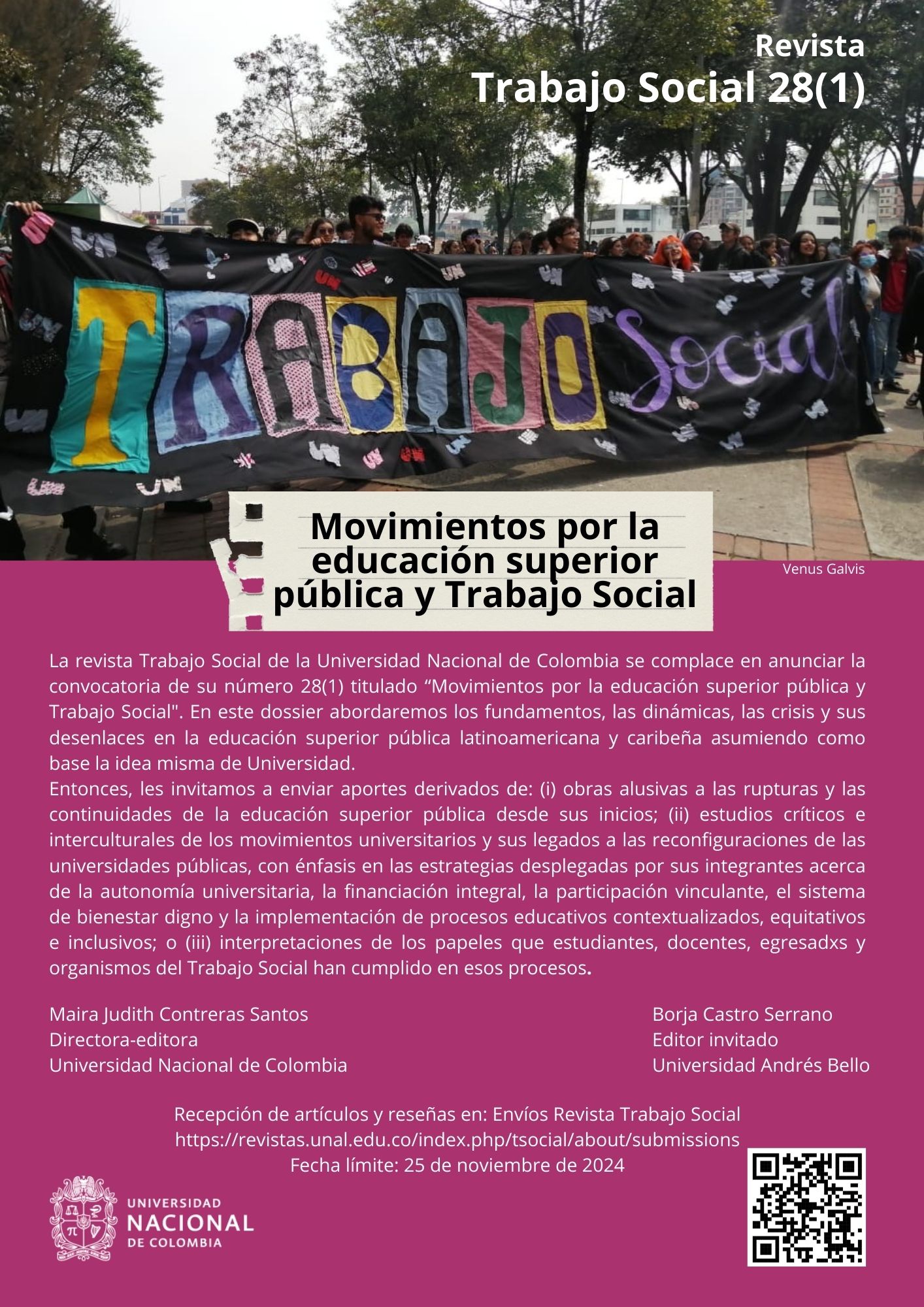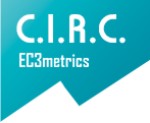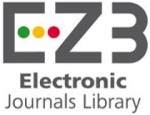About the Journal
Focus and Scope
The journal Trabajo Social is a biannual, thematic, and refereed publication. Since 1998, the Department of Social Work of the Universidad Nacional de Colombia created this editorial project with the objective of strengthening the academic community of the discipline, both nationally and internationally.
The journal publishes articles derived from research and innovation projects, original and unpublished, as well as other products of reflection from an analytical or review perspective; it also publishes bibliographical reviews that report on theoretical and methodological advances related to Social Work. Analyses related to social problems, social policy and intervention strategies are of interest to the journal. In this sense, academics, researchers, undergraduate and graduate students, and professionals in social work as well as in human, social and health sciences are invited to submit their papers.
Publication Frequency
Biannual
January-June (n.° 1), month of publication: January
July-December (n.° 2), month of publication: July
Peer Review Process
The call for papers, which opens one year in advance for each issue of the journal, is published at the URL http://www.revistas.unal.edu.co/index.php/ tsocial/information/authors. Articles corresponding to the dossier or free theme must be original and unpublished, and must remain so until their appearance in the journal; additionally, they cannot be simultaneously postulated or evaluated by other journals or editorial bodies.
All papers submitted through the Open Journal Systems (OJS) platform to the Editor of the journal Social Work will go through several filters. First, it will be reviewed by the Editorial Committee of the journal to verify its originality and relevance according to the editorial criteria of the journal. All material is submitted to the filter of an anti-plagiarism software.
For articles that meet these requirements, the Editorial Committee nominates and selects two academic evaluators in the "double-blind" mode. This takes approximately three to seven weeks.
The invited peer reviewers must reply to the evaluation request within five working days. Whoever accepts the arbitration will receive the article with the evaluation format, and will issue an "approved", "approved with changes", "rewrite" or "not approved" concept within three weeks.
In case of controversy between the two evaluations, the Editorial Committee may assign an additional evaluator or weight the evaluations submitted, taking into account the comments of the referees, its own academic and editorial criteria, or, as the case may be, delegate the decision to the guest editors of the issue. This phase lasts approximately one to three months.
The Editor will promptly inform the authors about the concepts issued. If the article is approved with corrections, the text will be returned to the author/s with the respective comments. The requested adjustments should be sent back to the Editor for review within a maximum period of ten working days and be accompanied by a memo of the changes made. Afterward, the article will be submitted to the Committee for approval; in case additional adjustments are required, 10 more days will be granted. Failure by the author/s to submit the adjustments will be grounds for disqualification of the text.
The Editorial Committee reserves the right to approve or reject the material submitted, both in initial and final review instances. All decisions will be based on academic arguments and according to the journal's editorial policies.
Once the article is approved, the author(s) will be notified and adjustments will be requested, the author's ORCID identifier, the completion of the original statement, compliance with ethical principles, and the license format, which guarantees the publication of an unpublished article, under the ethical policies of the Journal.
Subsequently, the articles and other selected contents are adjusted to the style sheet of the Journal, to be sent to the Editorial Center, in order to start the style correction, layout, and printing; this phase takes two or three months.
The Social Work Journal is published under Creative Commons licenses (https://creativecommons.org/licenses/by-nc-nd/4.0/). The articles of this journal are available online at: http://www.revtrabajosocial.unal.edu.co , and may be reproduced or copied in accordance with the terms of this license.
Cases of controversy and treatment
Unethical behavior should be brought to the attention of the Editor, who will handle it accordingly.
The Editorial Committee reserves the right to approve or reject the material submitted, both in initial and final review instances. All decisions will be based on academic arguments and according to the journal's editorial policies.
In case of plagiarism, the editorial team will gather the pertinent evidence to determine the authors' misconduct; in turn, it will allow the authors to respond to the finding. To determine the decision, the evidence must be presented by the editor to the Publications Committee for advice on its treatment.
In the case of serious misconduct, the editor and the Editorial Committee will seek advice from experts on the subject, preserving the confidentiality of the case as much as possible.
Open Access Policy
The journal provides online content with free open access, in order to promote the dissemination and exchange of knowledge at the international level. The publication is made under the following Creative Commons licenses: Attribution - Noncommercial - No Derivative Works (https://creativecommons.org/licenses/by-nc-nd/4.0/deed.es).
Declaration of publication ethics and good practices
The journal adheres to the management of good editorial practices, for which it has defined as an ethical precept the responsible research exercises, which in turn are framed in the Code of Ethics of social workers in Colombia and in the Code of Conduct and Good Practices of the Committee on Publication Ethics (cope).
In this way, the journal is circumscribed within Article 20 of the Political Constitution of Colombia, under which every person is guaranteed the freedom to express and disseminate their thoughts, in addition to contributing to the principle of autonomy and academic freedom of the National University of Colombia, provided for in the Academic Staff Statute ⸺Acuerdo 123 del 2013⸺.
Ethical Policy
The Publications Committee is responsible for ensuring the ethical integrity of research literature and guaranteeing that the information published adheres to the following guidelines:
Regarding Authors:
Authorship. The journal assumes that the authors participated in the research process, the drafting of the submitted text, and in the subsequent review of the evaluation during the editorial process. Therefore, they are responsible for responding to the publisher's communications regarding the document, within the established timeframes, as well as to the requests deriving from the peer review process and the copyediting and proof and layout stages. Entities sponsoring or financing the research may be included in a footnote to the title of the article.
Form. In addition to presenting arguments with academic rigor, submitted articles must comply with the journal's guidelines for the presentation of articles. To that effect, the journal uses the Chicago Style citation and referencing system, which may be consulted at: https://www.chicagomanualofstyle.org/home.html.
Originality. Submitted manuscripts must be the original productions of those signing as authors. A maximum of three authors per article is allowed. Articles previously published in other journals, even if they were published in another language, will not be accepted. Neither will those that do not cite correctly. In this regard, authors must complete the declaration of originality and ethical principles.
In order to prevent plagiarism or self-plagiarism, the journal uses the Turnitin software, which identifies fragments showing similarity to other documents, which, in turn, makes it possible to examine whether they have been cited.
Once the article has been submitted to the peer reviewers, the author or authors may not send it to other journals. In case they wish to withdraw the article from the editorial process, they must notify the editorial committee during the approval and editing stage, at the latest.
Contents. Contents of articles must describe the moments of the research process and the practices carried out according to the ethical codes of research. The presentation of results must be truthful, without fabricating, falsifying, or manipulating data. It is also necessary to include the scope and the limitations of the information. If persons are involved in the research, they must have consented to the publication or use of their testimonies.
Regarding Evaluators:
Acceptance. In order to select the peer reviewers to evaluate an article, the Publications Committee invites professionals whose profiles is related to the topic of the article and who have academic credentials attesting to their specialized knowledge of the subject.
Contents. Evaluators' observations supporting their decision to accept the article as is, accept it with modifications, or reject it must be clear and rigorous. Evaluators should fill out the evaluation form completely, preferably using appreciative language that contributes to improving the production and dissemination of knowledge.
Times. By accepting to review an article, evaluators accept the timeframe of fifteen working days to submit their opinion.
Confidentiality. Articles are submitted to peer reviewers solely for evaluation purposes and in strict confidentiality.
Conflict of Interest. Evaluators must ensure there is no institutional financial or personal conflict of interest with respect to the text they are evaluating. The anonymity of both parties shall be maintained throughout. For these reasons, evaluators must sign the declaration of confidentiality and conflict of interest.
Regarding the journal:
The editorial team of Trabajo Social undertakes to comply with the following:
Open Access. Publishing the journal with open access, without obtaining financial compensation or profit for processing and circulating the contents.
Publication Contents. Publishing the articles exclusively due to their quality and disciplinary relevance and not for considerations of any type.
Corrections or Retractions. Making the necessary corrections to contents published with errors and publicly amending them in the following issue, and making the necessary modifications to contents published digitally.
Maintaining the Double-Blind Format. Protecting the identity of both evaluators and authors, as required by the double-blind modality.
Compliance with Publication Frequency. Publishing each issue on the established date, in order to comply with the criteria of indexation systems and generate confidence on the part of authors, renders, and other participants in the journal.
Compliance with Ethical Policies. Ensuring that authors and evaluators fulfill their responsibilities, and guaranteeing compliance with the ethical policies established by the journal and the COPE Code of Conduct and Good Practices.
Estadísticas (Google Analytics - Users) (Visitas)
Languages of Publication
English, Spanish and Portuguese.
Auto-Archive
Files can be saved in the publisher's post-print version.
The journal uses Open Journal System version 3.2.
Sponsors
Department of Social Work, Faculty of Human Sciences, Universidad Nacional de Colombia.
- Universidad Nacional de Colombia (Sede Bogotá). Facultad de Ciencias Humanas. Departament
Reviewer Guidelines
Double-blind peer review requires an exhaustive evaluation that complies with the ethical policies of the journal. For this purpose, the confidentiality and conflict of interest form, together with the link to access the evaluation form, is sent to the reviewer, who must have the relevant experience and academic qualifications to examine the following aspects of the article:
- -Type of the article: research, reflection or review.
-Relevance of the title and abstract.
-Importance and relevance of the topic.
-Novelty of the reflection in relation to the topic.
-Relevance, pertinence and timeliness of the referenced bibliography.
-Writing, clarity in the argumentation, coherence and structure of the text.
-Rigor and academic quality of the text.


























